Omertà | Interview | New Album, ‘Collection Particulière’
The French sextet is coming back with a second LP entitled ‘Collection Particulière’, with Florence Giroud on vocals, Jérémie Sauvage & Romain Hervault on bass, Pierre Bujeau on the guitar, Romain De Ferron playing synths, joined by Jonathan Grandcollot on drums, recorded by Manu Laffeach at Chaudelande studio in Normandy in 2019 and mixed by Ernest Bergez.
The record is co-released between Zamzamrec and Standard In-Fi, Florence Giroud and Zamzamrec. Newcomers, Héloïse & Olmo talk with Florence and Pierre.
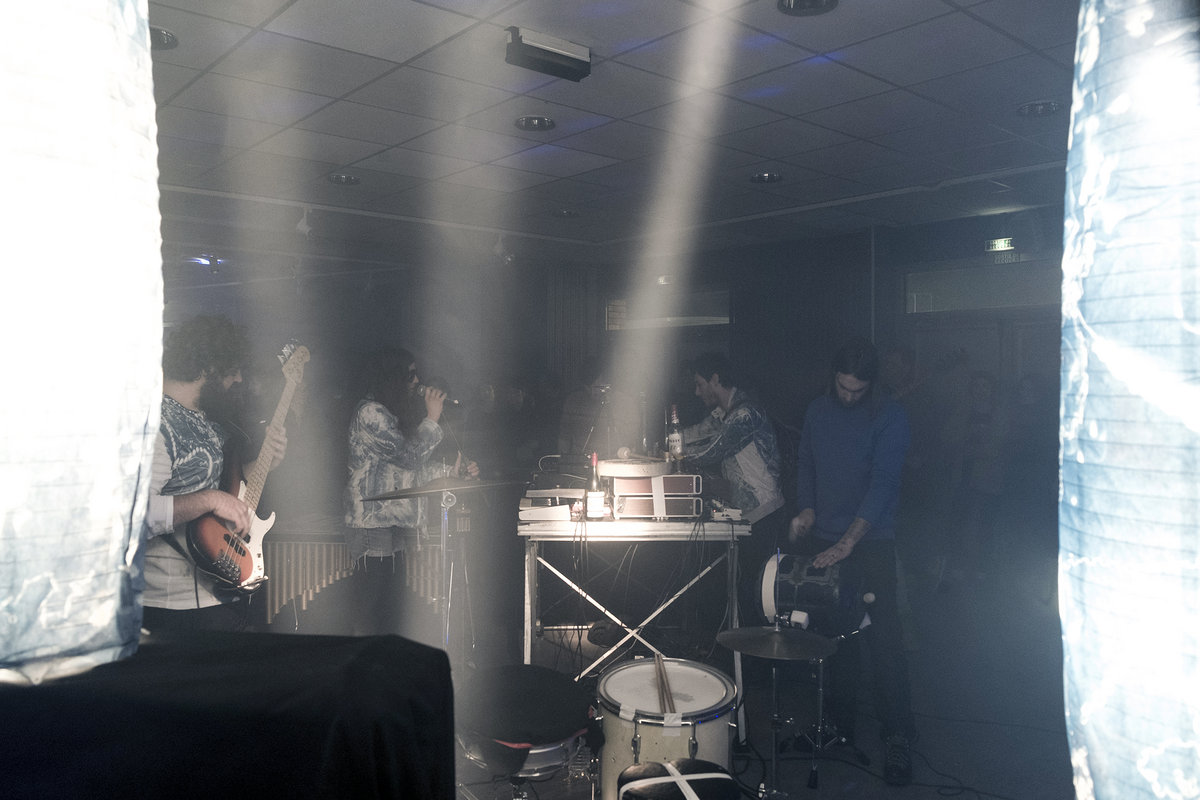
“Omertà is a dream world, with moods and feelings swinging, coming and going, like a refrain or ritornella”
When and how did Omertà start?
Florence Giroud: The story begins in the Great lakes area with early rehearsals in 2013, bringing together five musicians to write a full-length album to stand in for the third act of an opera I was working on at the time. The word opera, melding together equal parts sculpture, installation art, performance as well as concerts, delves into a kind of ritual endeavour, meant to be a free-form experience influenced by cut-up and fragmentary composition. From the onset it all comes from a floating world, the unreal, its scraps, visions. Then comes the transformation into written word, images, music, voices, artefacts, becoming lost, becoming tales, in search of a specific language. My sculptures feed on stories and prompt their own sequences, they bring about music, while having no set future, in their essence remaining shape-shifting. Through its instinctive nature, music can focus attention on a certain framework.
I met Romain Hervault in 2005 at the Lyon school of fine arts, then Jérémie Sauvage and Mathieu Tilly in 2007 at the Valence school of fine arts while participating in a workshop with Rhys Chatham. Soon after that, Jérémie asked me to join one of his Accordages among other musicians. On graduation night we had a big party in an old disused railroad tunnel with a bunch of wild bands playing live, there were about fifty of us and it was insanely intense. It’s safe to say I felt that was the start of a family at that point, we often got together for parties and gigs in the Rhônes-Alps area, where I eventually met Pierre Bujeau, Romain de Ferron and Jonathan Grandcollot. I felt naturally drawn to them, we listened to the same things, they felt like kindred spirits whom I could trust to make music with. There is a deep bond between us, not only music and art, we lead similar lives, share essential ideas. Omertà has always been more than a band for me, it’s a love story throughout our best years.
Why is female nudity at the core of your graphic aesthetics? Can you tell us about the artwork for Collection Particulière?
Florence Giroud: Omertà is a dream world, with moods and feelings swinging, coming and going, like a refrain or ritornella.
Excerpt from the text accompanying the first Omertà show:
Following their teenage shipwreck, the survivors of the MSS collide with a beautiful island full of mirages. Having smoked their weight in opium, the crew has nothing left in common with the human species. Among vanishings, time-consuming legends and shape-shifting animals, all against all await the green ray to reach the world’s end, only the world’s end is sun-bleached. You are the ones living Omertà, I am Omertà. Being violated in unusual positions Power is often quiet, very quiet.
At the time we were working on the first record, Jérémie had introduced us to the Sophie Marceau album ‘Certitude’ (one of our culture’s true hidden gems), suggesting we should use a portrait of me for the album cover. From my standpoint that was not an option so I mentioned the existence of photographs I had done, posing for an artist when I was just twenty years old. We had done a series of nudes, shooting in black and white on Hasselblad cameras where I was holding the ace of spades and the ace of hearts, Eros and Thanatos, the picture was framed around my chest, away from my face, square format, basically already an album cover.
I never got these photos like I was meant to, and thinking about it made me want to see them again, get back to them, making me feel like something precious had been taken away from me and that the artist hadn’t been true to his word. We were no longer in touch but I managed to reach him through social networks, with the aim to retrieve the picture and turn it into an album cover. He replied that a fire had destroyed his workshop, he had lost the physical photos and the hard drive containing the digital copies had been damaged. Nevertheless, he promised to send the pictures as soon as he managed to retrieve the data. Some time passed and when I got in touch again I learned of his sudden passing.
The picture was lost and I started thinking about the current artwork, which is a superimposition of a picture of blue agave with artificial lighting (an assemblage from my installation Omertà gave blue where the first Omertà concert took place) and this black and white picture of a nude female chest afflicted with a skin disease, taken by a skin writing artist at the end of the 19th century, an image that had been haunting me for a long time.
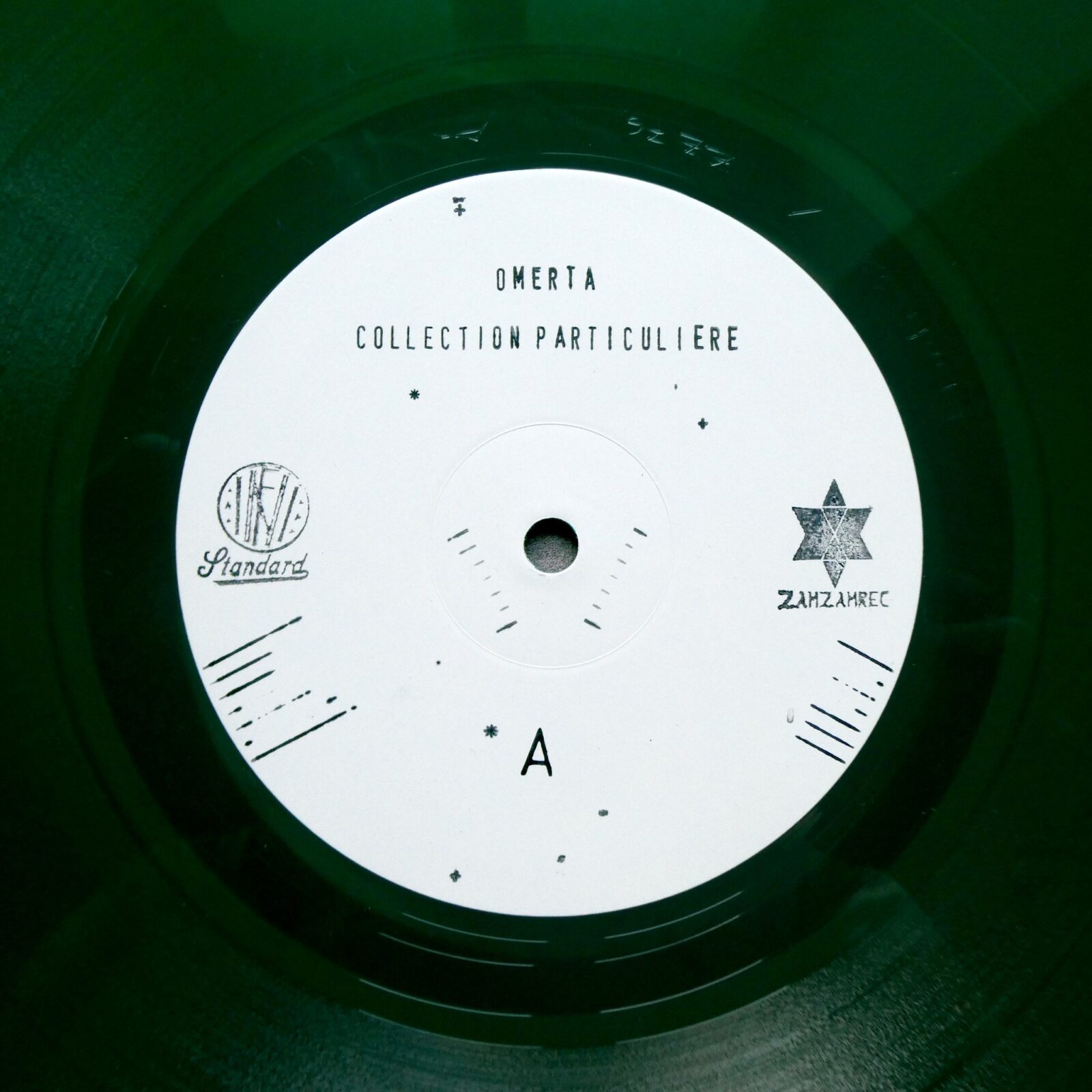
I guess the idea of the nude had carried on from my initial research.
Then, about two years ago, I saw on social networks a painting stemming from this photo series, the artist’s daughter had restarted her father’s work, mainly with the aim to settle his accounts and freeze his works. We had just recorded the second album and that revived the hope of doing the album cover from one of these paintings. It was a blown-out version of the photo, marouflage on canvas upon which layers of coloured wax let the image show through through subtle hues shifting with the light. I contacted her explaining the situation to her, she sent me a photo taken from her phone of the only painting in her possession, the others having already been sold, this one being from that point on part of a “collection particulière” (private collection). The wax, damaged by the fire, had melted and blistered, the photo underneath thus re-emerging… that is what appears on the album cover. After laborious communication, we couldn’t acquire a better quality picture.
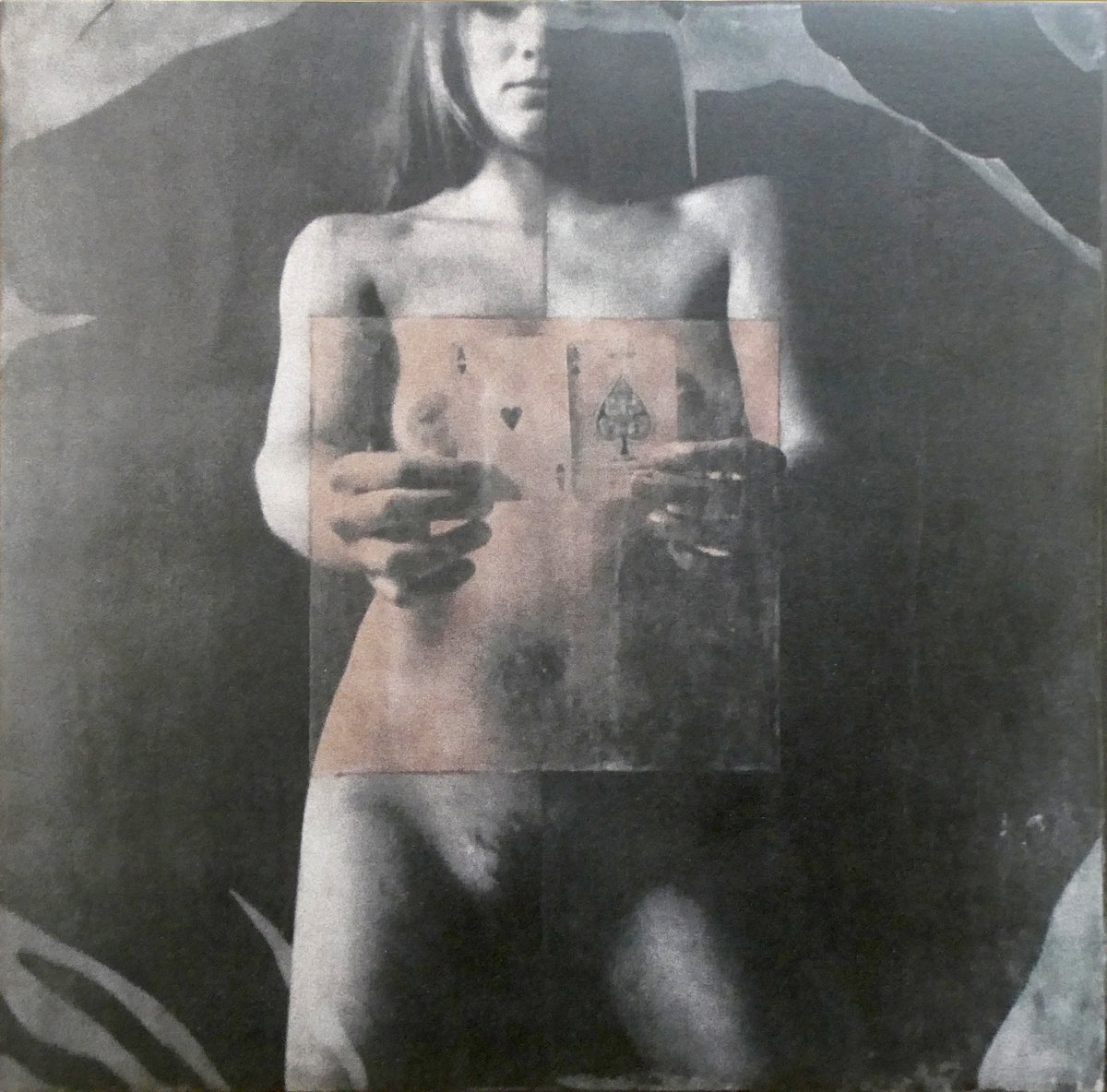
It took a lot of work and patience to give it its current appearance… thanks to Corentin Perrichot, Samuel Antonin and Lionel Catelan!
How do you write the songs, where and whom do the ideas originate from?
Pierre Bujeau: When music meets lyrics, one can wonder which spawned the other. In Omertà, some of the texts written beforehand shaped the project’s musical environment, then quickly melodies were suggested, without direct relation to the words. Links appear between the two bodies, bringing about seemingly obvious connections. Musically, most tracks were built around basslines, themes that expand as all the band members bring forth their arrangements. There’s a bunch of us and in order to achieve a certain clarity, melodies and rhythms split between the various instruments, a bassline will fade out and make space for someone’s note, synths will complete the guitar line et cetera. In order to remember these fragile constructions, we write them down on music sheets, although ours look more like lifelines specifying each intervention, notated with signs, colours and patterns, sometimes incomprehensible the very next day… Each piece is a rather complicated mental construct.
Florence Giroud: Omertà’s words stem from an intimate collaboration between Raphaël Defour and myself.
Raphaël was the first person I shared my life with, we have shared a lot of ideas on music and writing, poetry in particular. He was a stage actor at the time, stage director, singer too, and wrote all the time inside little notebooks, songs, thoughts, love letters to me. He left his notes out in plain sight and I took subtle pleasure looking for them, reading them, linking them together in order to finally understand a loved one. The mystery remained however, and the ghost of this first love and first heartbreak still lights up my life. A planned edition of his texts and my visuals remains unfinished; though unable to let them go, they became the focus of a first performance in 2010, ‘Arcanum (with love)’ consisting of installations, music and voice, which lead my subsequent endeavours. This appropriation allowed me to accept the pain of separation and yearning, love was not death and kept on existing elsewhere in different ways. Without ever losing touch, we began to communicate through the filter of indirect correspondence, making up stories, allowing us to keep loving each other, exchanging freely and lightly through the most important thing for us, poetry.
Within that vibe, Raphaël Defour wrote the bulk of the lyrics on the first album, around stories of myths and disappearances that we told each other on the island I introduced him to; Corsica. In that specific place, Omertà acts like a form of therapy, unconsciously illustrated by the artwork on the two albums, both the body and the agave bear scars healed by sunlight, despite the passing of time the body is still naked yet protected, the Ace of hearts and the Ace of Spades, the strongest cards in the game.
What kind of ties do you have with pop music and French chanson?
Pierre Bujeau: Most of us have never played that type of music, we mostly come from instrumental music genres. Only Romain de Ferron actually has had experience with pop music, although all of us listen to it a great deal, whether French or international. It was therefore an interesting idea to have a go at this endeavour. Our external viewpoint as musicians lead us toward a music without specific reference, as if we were discovering a new one in which dissonance, chance and amazement, all of which are familiar to us, can as well get along unceremoniously with harmony, obviousness and composition.
In pop music, the language of choice for singing is often English as it is hard to accept other languages in such a standardized genre. Poetry resonates more readily in one’s own language, although one must discard standards.
Florence Giroud: I grew up around both and always listened to, or was exposed to both, a deep emotional bond in my case, as it might be for my generation. There is also something that has always fascinated me about the format, the way songs are built, the way they can make their mark on you within three minutes, put us into previously unimaginable states, such immense power…
The lyrics of Omertà are deeply intimate and often bring forth stories, feelings, experienced emotions, it wouldn’t make any sense to perform them in any other than my mother tongue.
I am neither a singer nor an actress, I am interested in building bridges, letting myself be caught by the music and adding words through my voice the same as a guitar chord, welcoming whatever comes. It’s a simple but very difficult idea, one must be able to accept vulnerability, exposure, awkwardness. The relation to nudity, the voice, and vulnerability touch me a great deal, they are what make us rare and complex as individuals, and through them we get as close as we can to a truth we know to be inaccessible but for a single reflection.
Compared to the previous record that came out in 2014, what has changed?
Florence Giroud: When we resumed working together in 2018, we brought back some old instrumentals with different words by Raphaël, rather unclassifiable stuff. In the meantime, an artist friend, Julia Kremer, had been writing poetry for another project and one of them was interpreted on the song Kremer & Bergeret.
Raphaël heard that we had reformed and sent me three songs he had written back when we lived together and a new one specifically for the record (‘Au Commencement’). ‘Collection Particulière’ is a kind of collage of these different vistas that do not make an organic whole but rather poetic fragments.
The first record was a stand-alone artefact, a world in itself upon which we no longer had control, we just let its follow-up come to us without knowing where it would lead to; a certain desire for “variety” was in the air, I think that we were simply in search of something, taking pleasure in experiencing chance, the unexpected and the unforeseen. The use of fragments allows this disruption of expectations.
Pierre Bujeau: On ‘Collection Particulière’, we accepted and therefore focused on the fact that we were intentionally playing pop music. The recording techniques and the sounds we were after made it possible to reach a certain precision, but the real change came with how we treated the vocals: finally taking lead, powerful, building upon the strength of its instrumental backing.
Jonathan joined us in 2018. His drumming style is fundamentally different from Mathieu’s, who works on variations over long sequences and rejects constraints, whereas Jonathan works in a metronomic style, the blacksmith and the watchmaker.
On the first album, Mathieu played his own home-made percussion whereas the second album sees Jonathan applying himself to a streamlined drumming style. The first album is thus a lot more organic than the second which is more structured.
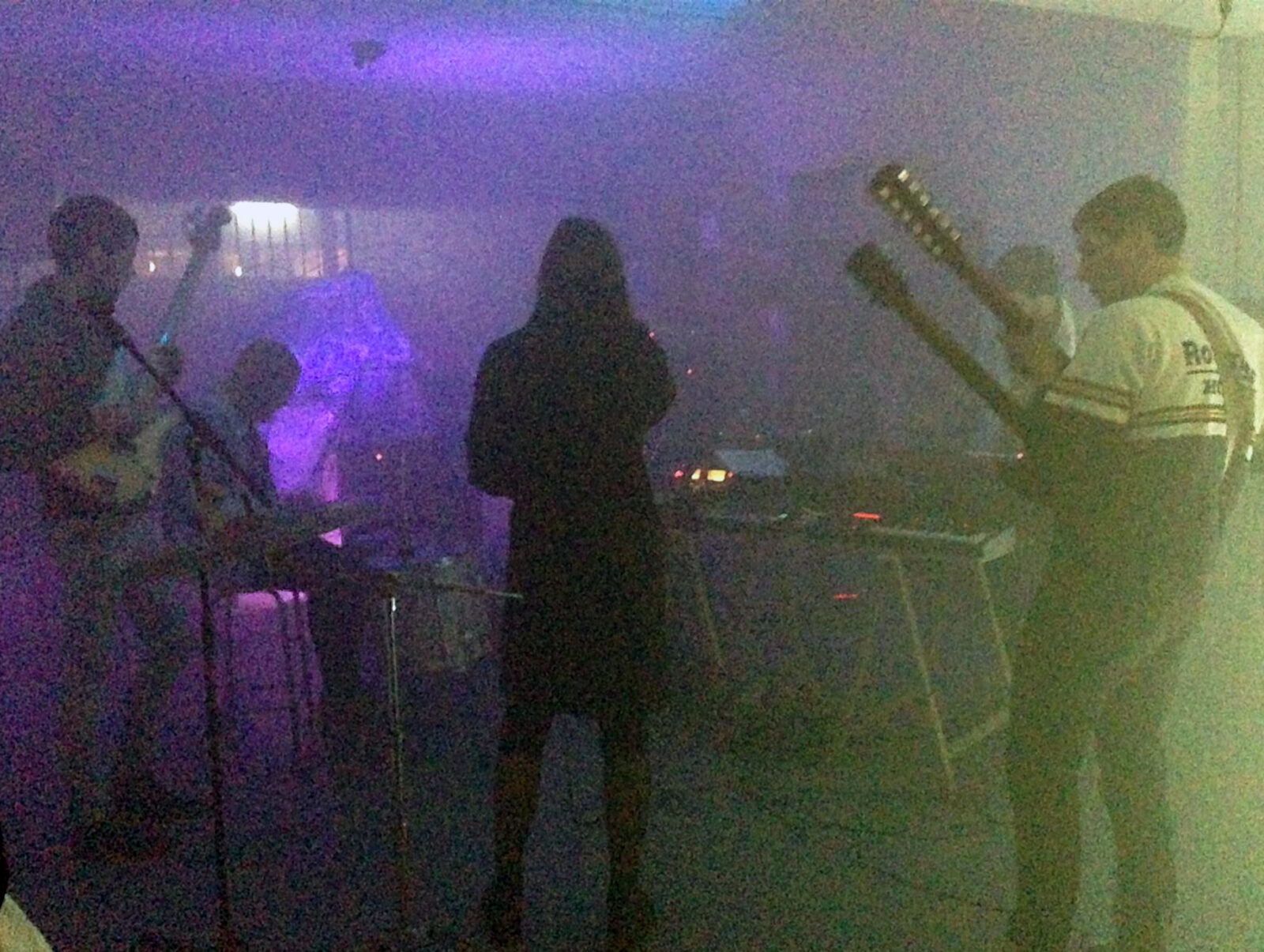
Plans and dreams for the future?
Florence Giroud: Strange but I have stopped believing in the word “Future”, which now seems totally devoid of meaning and life, as if it had been flouted, violated and trampled in the mud. I feel like we have been cheated on this one. The future, just like the past and the present, doesn’t really exist, what matters is to do what we have to do with whomever we like as long as we’re around. There’s six of us and it’s not simple to get together and feel the same desire, which is something we have never plotted, allowing us to keep ourselves and avoid losing a certain truth, if not a certain purity.
Héloïse & Olmo
Omertà Bandcamp
Zamzamrec Official Website / Facebook / Instagram / Bandcamp / YouTube / SoundCloud
Standard In-Fi Official Website / Facebook / Bandcamp

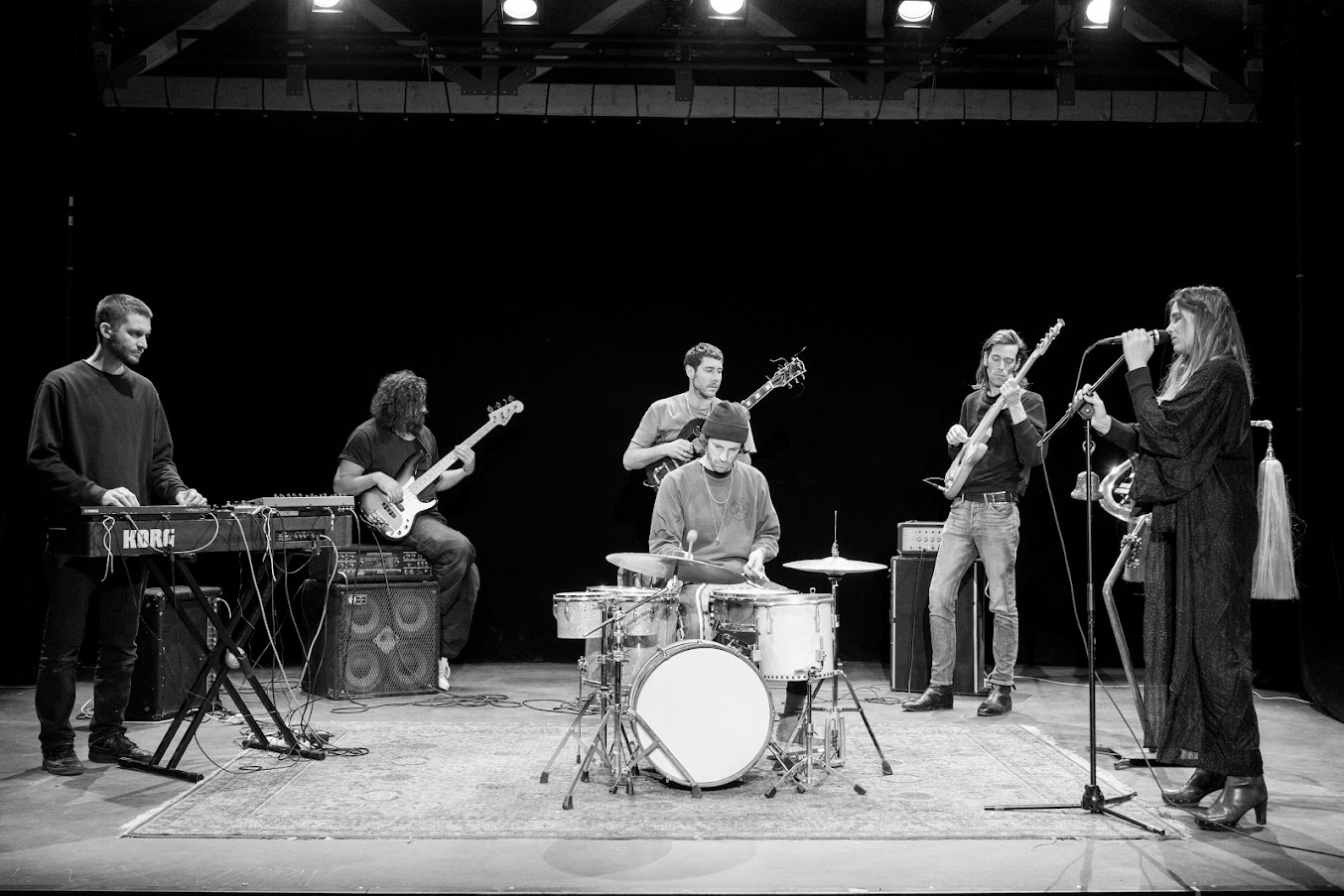
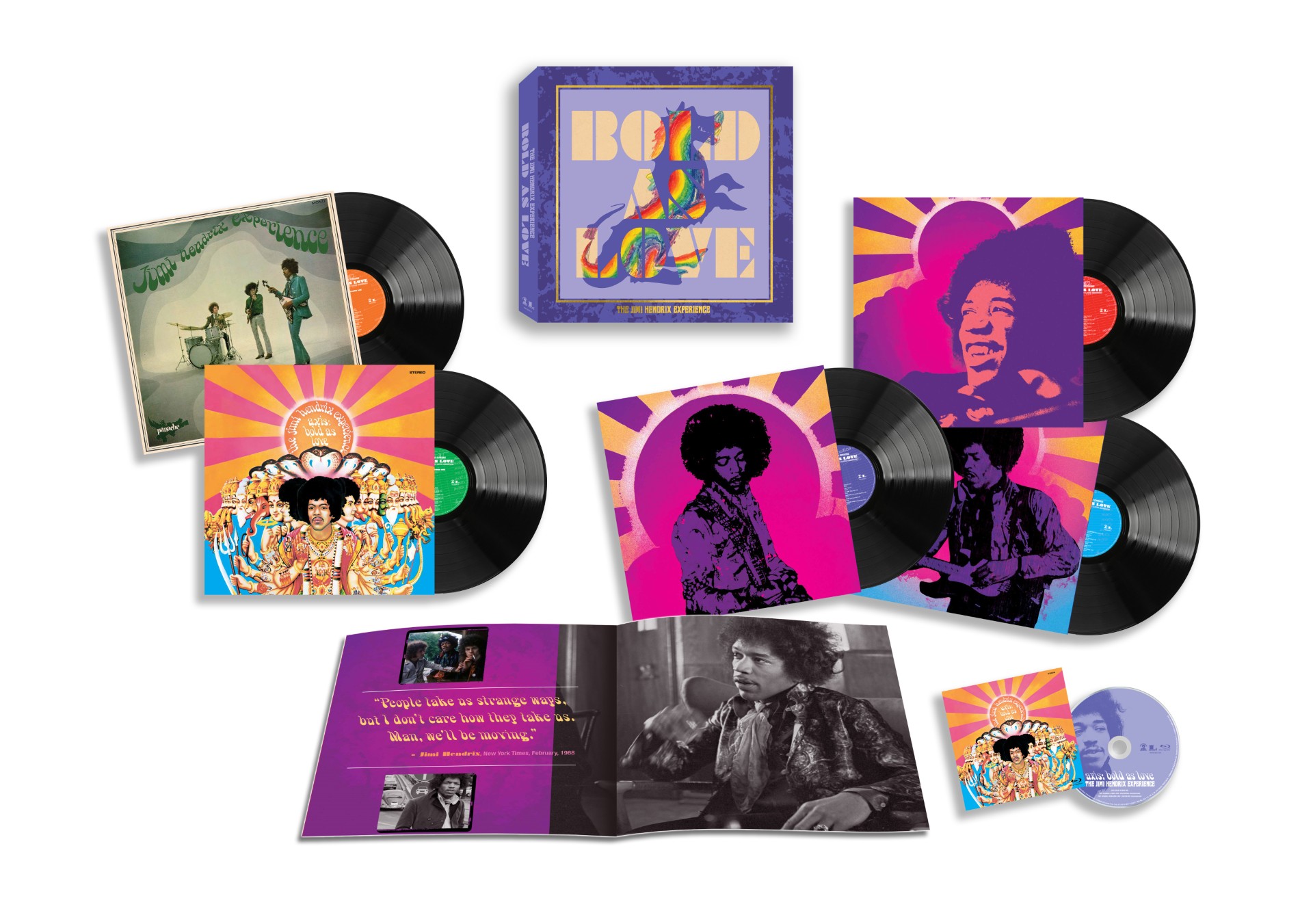
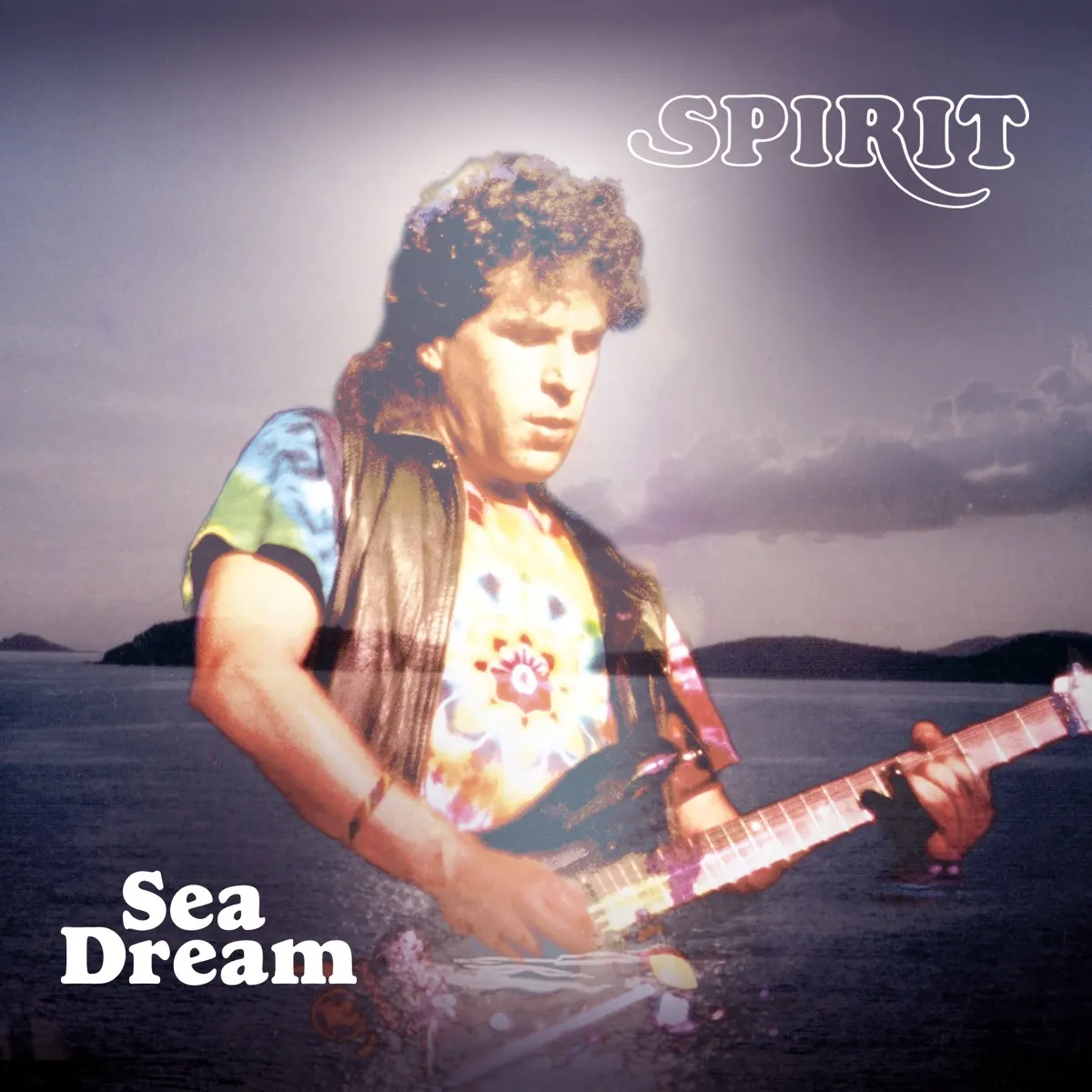
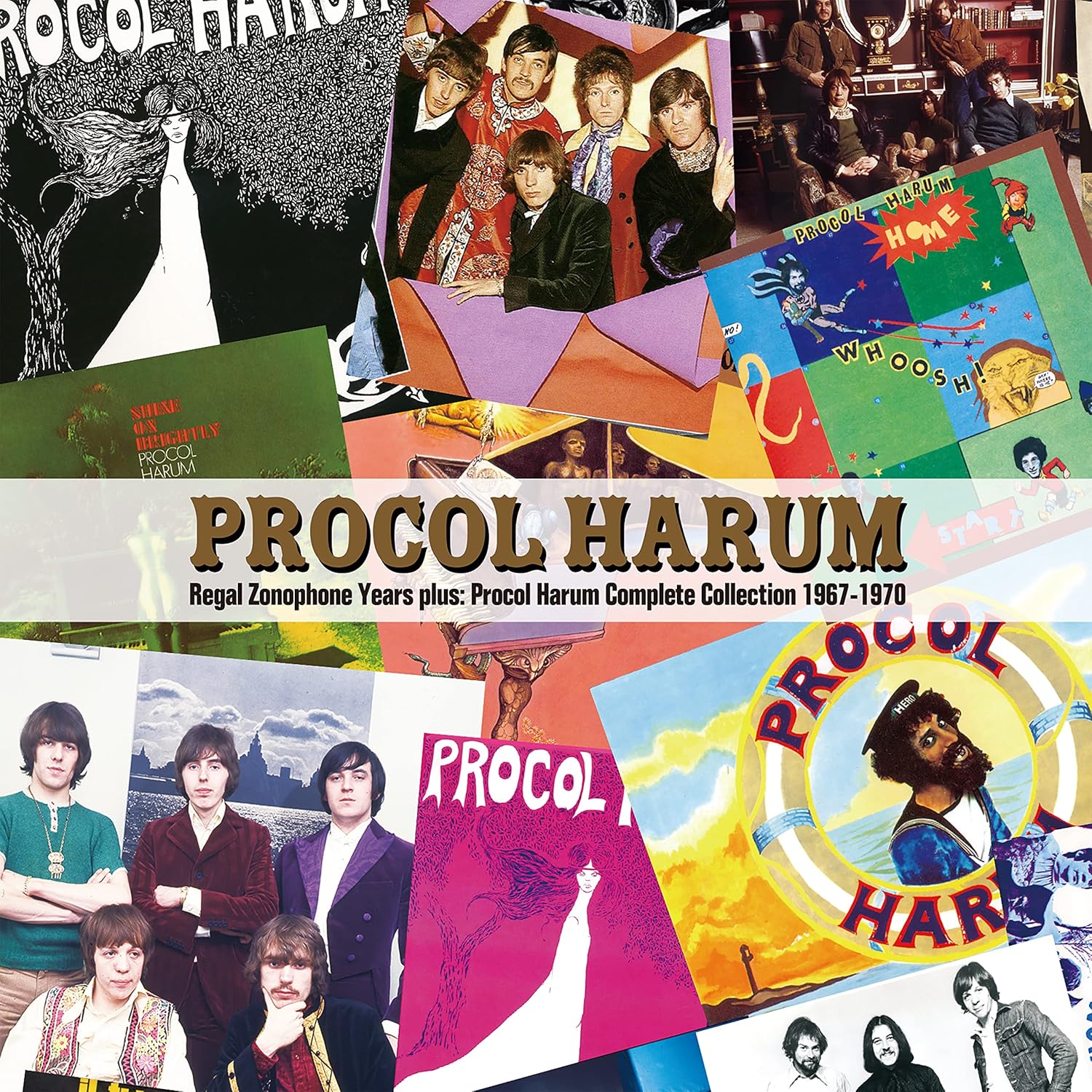
The story behind the album cover is quite unsettling, and interestingly, the artist remains unnamed.